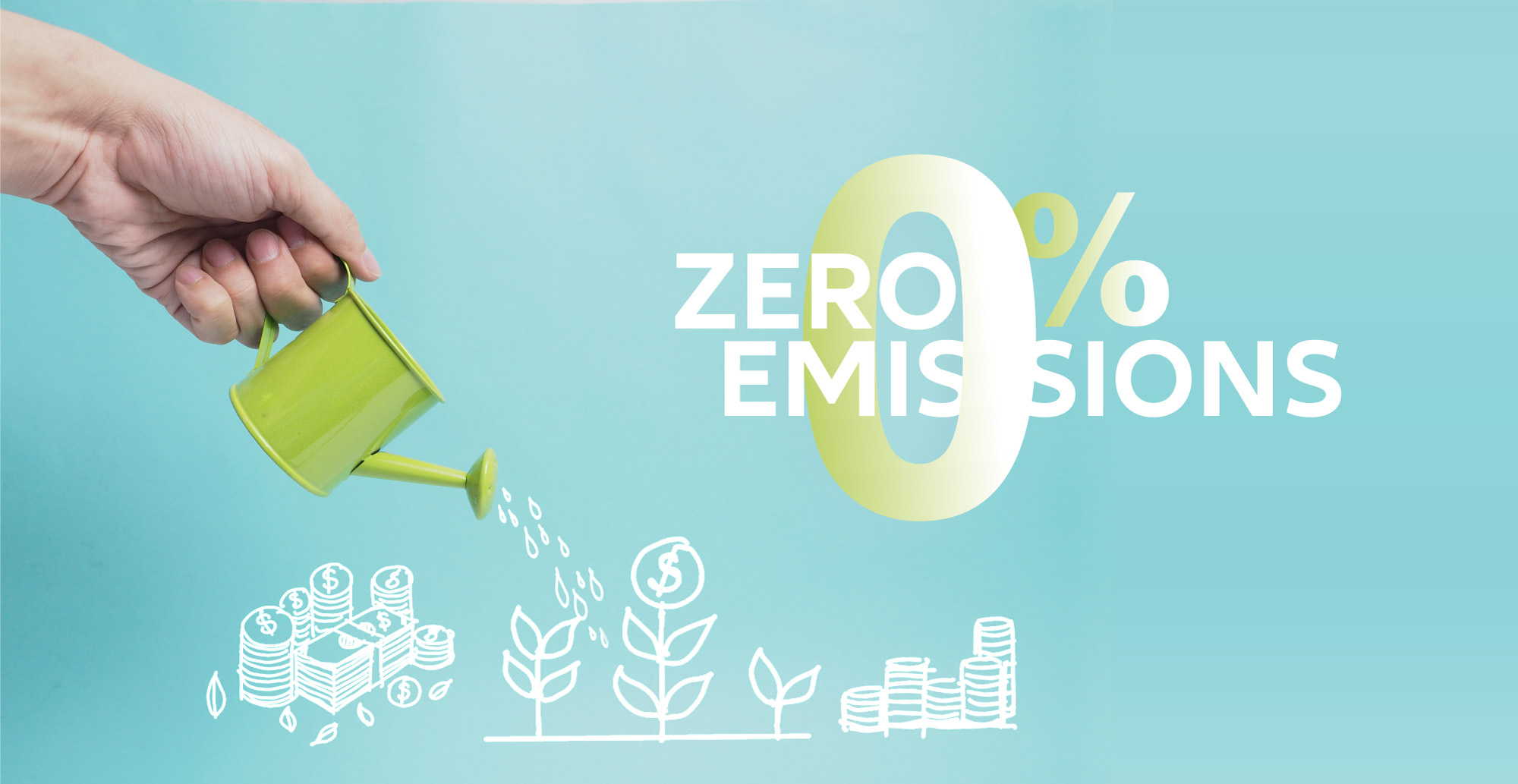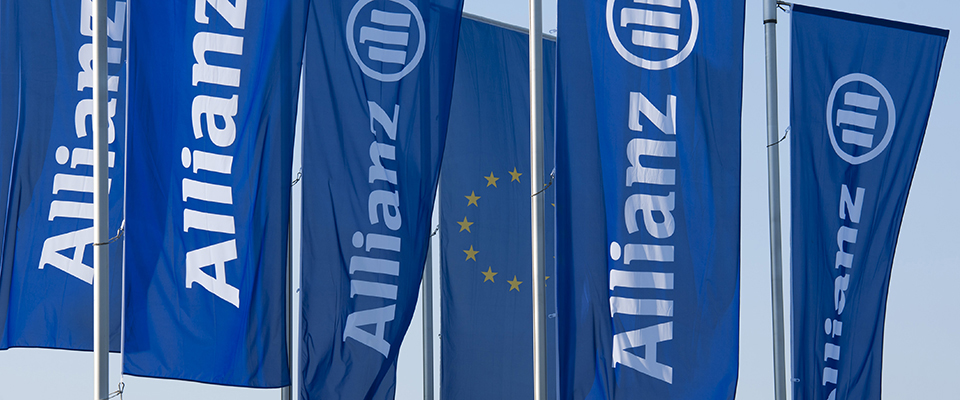Allianz announces for the first time concrete interim targets for reducing greenhouse gas emissions in its investment portfolio of policyholder funds, implementing its stated goal of climate neutrality by 2050. By 2025, emissions for selected asset classes in the portfolio of customer funds are to be reduced by 25 percent compared to 2019.
In addition to traditional investment criteria, all equities as well as corporate bonds will in future be reviewed for their compatibility with the 1.5-degree target of the Paris climate agreement. In addition, by 2025, all real estate invested in by Allianz will be in line with scientifically based 1.5-degree pathways in terms of total emissions. Allianz will report on its progress annually, creating transparency for its customers and the public.




